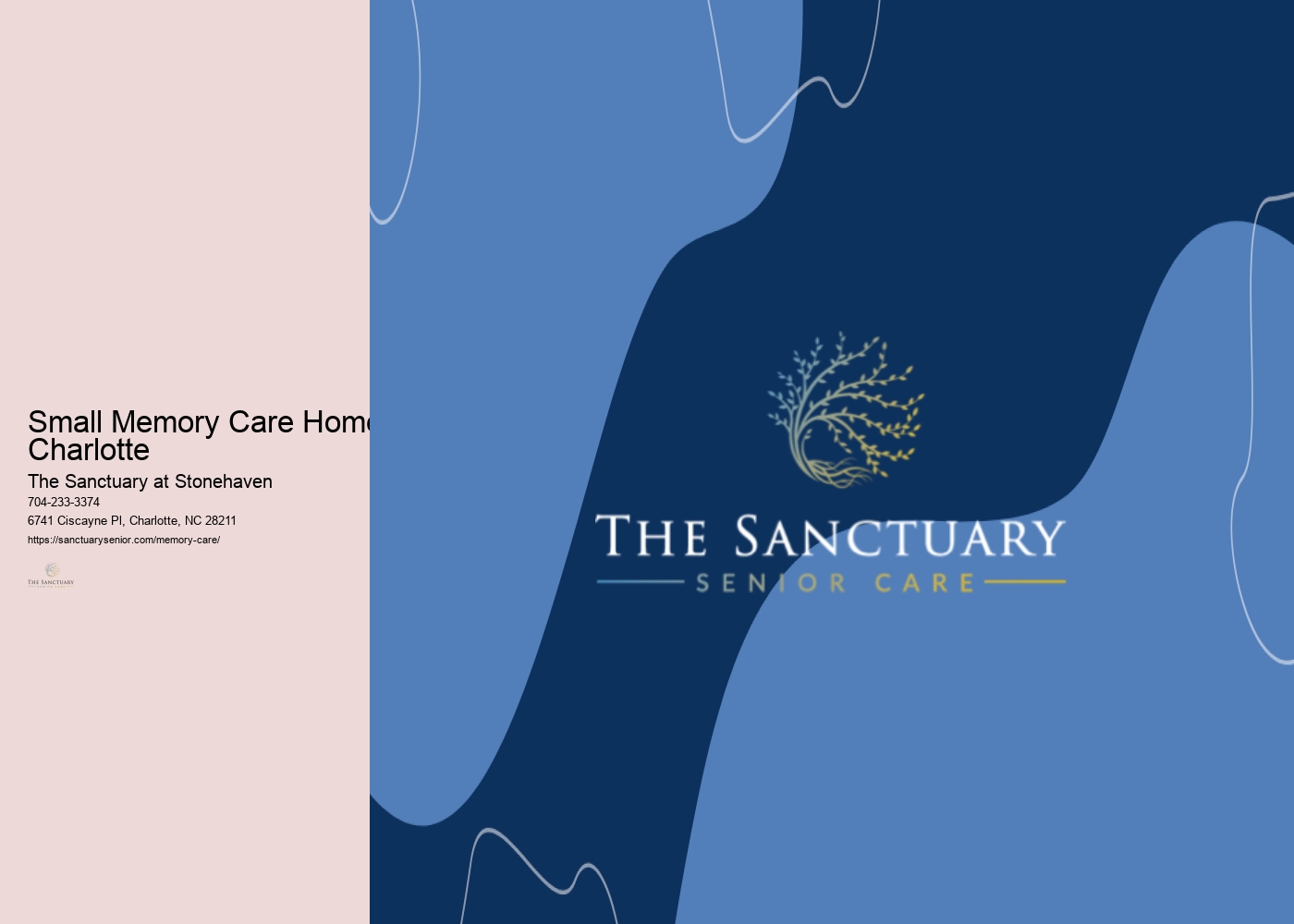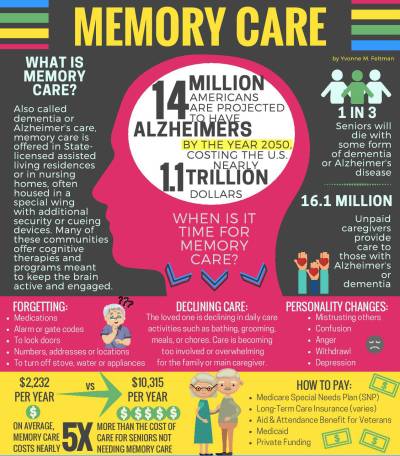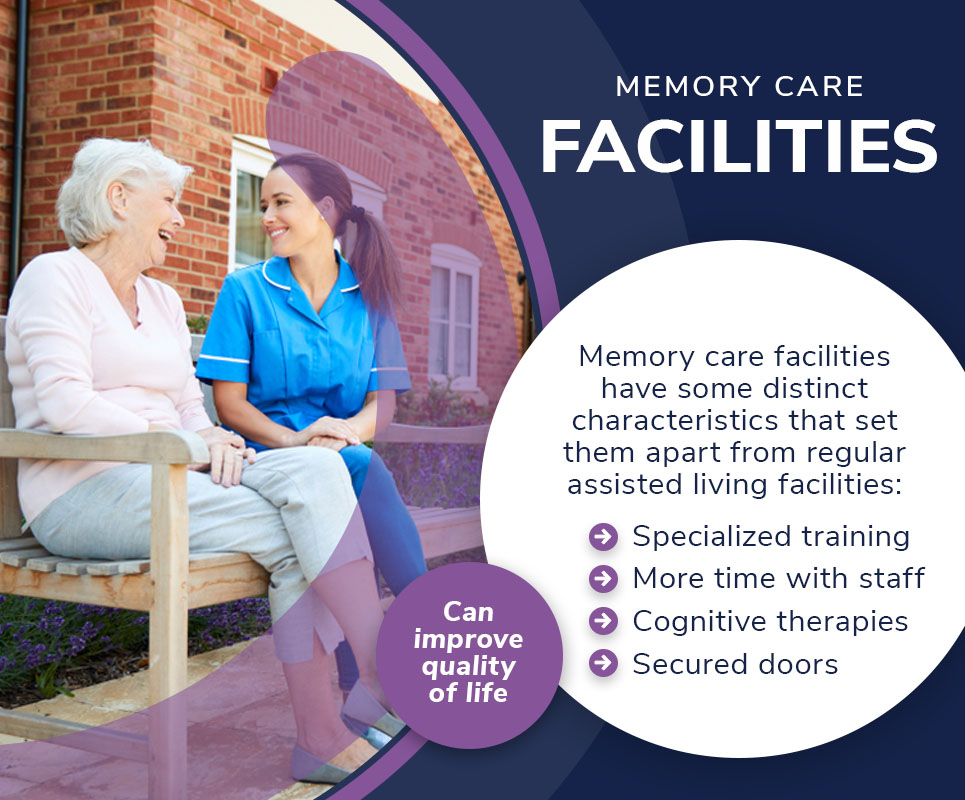

Memory care represents a critical aspect of long-term support for individuals grappling with cognitive impairments such as Alzheimer's and dementia.
This specialized care focuses on creating a safe and structured environment tailored to each resident's unique needs, utilizing personalized care plans and therapeutic activities that promote cognitive engagement.
Understanding the various types of memory care facilities and the therapeutic approaches employed can greatly enhance the quality of life for both residents and their families. As we explore these dimensions, the importance of family involvement and caregiver resources will become evident, inviting further consideration of their impact on overall well-being.
Focusing on the unique needs of individuals with cognitive impairments, memory care is a specialized form of long-term care designed to support those affected by conditions such as Alzheimer's disease and other dementias. This type of care provides a safe and structured environment that promotes the well-being of residents while addressing their cognitive challenges.
Memory care programs typically emphasize personalized care plans tailored to each individual's specific needs, fostering engagement through therapeutic activities that stimulate memory and cognitive function.
Trained staff members are equipped to handle the complexities of dementia-related behaviors, ensuring a compassionate approach to care. Additionally, memory care facilities often incorporate security features to protect residents and enhance their overall quality of life, allowing families peace of mind.
When considering memory care options, it is essential to understand the various types of facilities available to meet the diverse needs of individuals with cognitive impairments. Memory care facilities typically fall into three categories: independent living with memory care, assisted living with specialized memory support, and dedicated memory care communities.
Independent living facilities provide a supportive environment while allowing residents to maintain autonomy. Assisted living facilities offer personal care services alongside memory support.
Dedicated memory care communities are specifically designed for individuals with Alzheimer's disease and other dementias, employing trained staff and secure environments tailored to cognitive needs. Each type of facility offers unique services, enabling families to select a suitable option based on individual requirements and preferences.

Numerous therapeutic approaches and techniques are utilized in memory care to enhance the quality of life for individuals with cognitive impairments. These methods include cognitive stimulation therapy, which engages individuals in activities designed to improve mental functioning and memory.
Reminiscence therapy encourages patients to recall past experiences, fostering emotional connections and social interaction. Art and music therapy serve as creative outlets, promoting self-expression and reducing anxiety. Physical activities are also integrated, as exercise has been shown to benefit cognitive health.
Additionally, environmental modifications, such as using familiar objects and reducing noise, can create a calming atmosphere. Overall, these therapeutic techniques aim to support cognitive function, emotional well-being, and social engagement, providing a holistic approach to memory care.
Personalized care plans are essential in memory care, as they recognize the unique needs and preferences of each individual. These plans are tailored to address specific cognitive, emotional, and physical requirements, ensuring that residents receive appropriate support for their conditions.
By integrating personal histories, interests, and routines, caregivers can create meaningful engagement opportunities that enhance quality of life. Moreover, personalized care plans allow for regular assessments and adjustments based on the individual's evolving needs, promoting continuous improvement in care.
This tailored approach fosters a sense of dignity and autonomy, empowering residents and enhancing their overall well-being. Ultimately, personalized care plans are fundamental in providing effective and compassionate memory care, leading to better outcomes for individuals and their families.

Although memory care primarily focuses on the needs of individuals with cognitive impairments, the involvement of family members plays a crucial role in enhancing the overall effectiveness of care. Family members provide essential insights into the individual's history, preferences, and routines, which can inform personalized care plans.
Their emotional support also fosters a sense of security and belonging for the individual in care. Regular communication between caregivers and family members guarantees that care strategies remain aligned with the evolving needs of the individual, promoting a collaborative approach.
Additionally, family involvement can help bridge the gap between professional care and personal connections, ultimately enriching the quality of life for those affected by memory impairments. Engaged families contribute greatly to the well-being of their loved ones.
As caregivers and families maneuver the complexities of memory care, accessing the right resources becomes essential for providing effective support. Numerous organizations, such as the Alzheimer's Association and local memory care facilities, offer educational materials, workshops, and support groups tailored to maneuvering the challenges.
Online platforms, including forums and social media groups, provide opportunities for connecting with others facing similar experiences, fostering a sense of community. Additionally, caregiver training programs equip individuals with practical skills to manage daily tasks and behavioral issues.
Respite care services can also alleviate caregiver stress, allowing for necessary breaks. Ultimately, leveraging these resources can enhance the quality of care and improve the overall well-being of both caregivers and those living with memory impairment.

In addressing emergencies during non-business hours, it is crucial for memory care facilities to have established protocols and trained staff available at all times. This ensures that residents receive prompt and appropriate care in case of unexpected situations. Facilities may have on-call medical staff, emergency response plans, and communication systems in place to effectively manage emergencies outside of regular business hours, providing families with peace of mind regarding their loved ones' well-being.
Transitions to higher levels of care in memory care facilities are crucial for residents' well-being. Facilities should have clear protocols for assessing residents' evolving needs, coordinating with medical professionals, and facilitating smooth transitions. Communication between staff, residents, and families is key during these transitions to ensure continuity of care and provide emotional support. A reliable facility will have a structured process in place to seamlessly address residents' changing care requirements.
Yes, many memory care facilities have established processes for family members to provide feedback on the care being provided. These processes often include regular communication channels, satisfaction surveys, family meetings, and suggestion boxes. Family feedback is crucial in ensuring that the care provided meets the needs and expectations of both the residents and their loved ones. Open lines of communication help promote transparency and collaborative relationships between the facility and families.